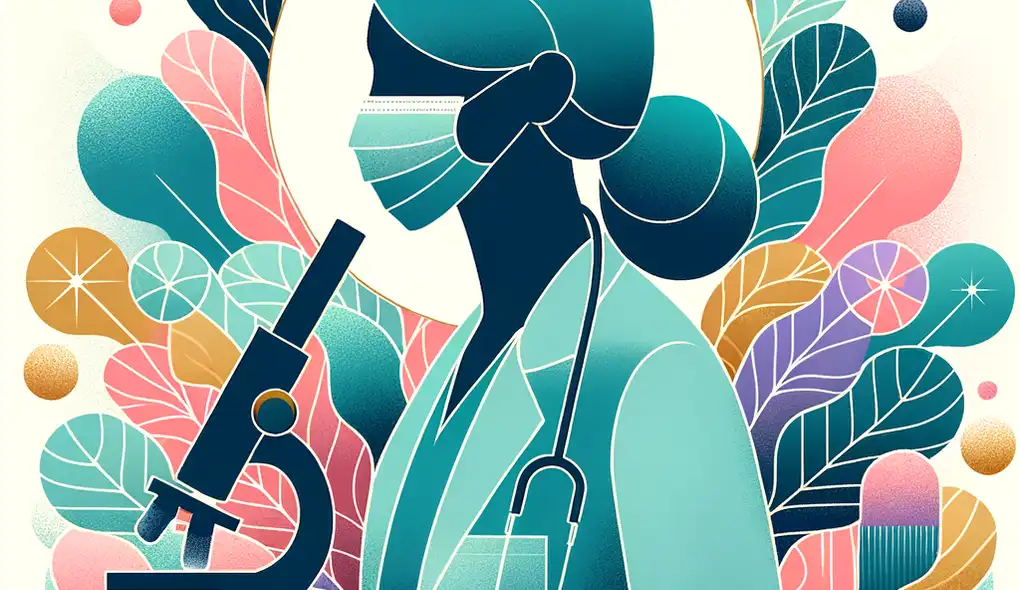Tell me about a challenging case or specimen you have encountered and how you handled it.
Clinical Laboratory Technologist Interview Questions
Sample answer to the question
One challenging case I encountered was a blood sample with atypical results. The patient had symptoms that did not match the initial test results, which indicated a certain condition. To handle this, I immediately consulted with the physician and requested additional tests to ensure accuracy. We reviewed the patient's medical history and discussed potential underlying conditions. I performed in-depth research to find similar cases and sought advice from senior lab technologists. Eventually, we discovered that the initial test was affected by a rare interference, leading to inaccurate results. By identifying the issue and taking necessary steps to rectify it, we were able to provide the physician with correct information for a proper diagnosis and treatment plan.
A more solid answer
One challenging case I encountered was a blood sample with atypical results. The patient presented with symptoms that did not align with the initial test findings, which indicated a specific condition. To address this discrepancy, I immediately discussed the case with the attending physician to ensure a comprehensive approach. We decided to perform additional tests, including genetic analysis and antibody screening, to gather more information. Simultaneously, I meticulously reviewed the patient's medical history, looking for any potential underlying factors contributing to the abnormal results. To gain further insight, I consulted with senior lab technologists who had encountered similar cases in the past. Through extensive research and collaboration, we discovered that the initial test results were affected by a rare interference, leading to false positives. With this knowledge, I promptly communicated the revised findings to the physician, enabling them to make an accurate diagnosis and prescribe appropriate treatment. This case emphasized the importance of critical thinking, attention to detail, and effective communication in the laboratory setting.
Why this is a more solid answer:
The solid answer provides more specific details about the steps the candidate took to address the challenging case. It demonstrates their analytical and critical-thinking skills by mentioning the additional tests performed and the review of the patient's medical history. The candidate also highlights the collaboration with the healthcare team and knowledge-sharing with senior lab technologists, showcasing their ability to work both independently and as part of a team. However, the answer could further emphasize the utilization of modern laboratory techniques and equipment, as well as the proficiency in using laboratory information systems and relevant software.
An exceptional answer
One of the most challenging cases I encountered involved a peculiar specimen that arrived in the laboratory. The specimen was a cerebrospinal fluid (CSF) sample from a patient suspected of having meningitis. However, the initial laboratory analysis revealed conflicting results. While the biochemical markers suggested bacterial meningitis, the cell count and differential analysis indicated a viral etiology. This presented a diagnostic dilemma and required a comprehensive approach. To handle this complex case, I meticulously verified the specimen's handling and transportation to ensure no pre-analytical errors. I then performed an extended panel of tests, including viral PCR and bacterial culture. Simultaneously, I collaborated closely with infectious disease specialists, pathologists, and other laboratory technologists to discuss the perplexing results and consider all possible explanations. We conducted in-depth literature reviews, consulted renowned experts in the field, and even explored emerging research studies. After a thorough investigation, we discovered a rare co-infection of viral and bacterial meningitis in the patient, which explained the conflicting laboratory results. I promptly communicated these findings to the healthcare team, allowing them to tailor the treatment strategy accordingly and provide the patient with appropriate care. This challenging case highlighted the necessity for analytical proficiency, effective teamwork, and continuous professional development to navigate complex diagnostic scenarios.
Why this is an exceptional answer:
The exceptional answer portrays the candidate's ability to handle a highly complex case by providing a detailed account of their approach. It showcases their expertise in utilizing modern laboratory techniques and equipment, as well as their proficiency in using laboratory information systems and relevant software by mentioning the extended panel of tests conducted. The candidate also exemplifies their effective communication skills by highlighting the collaboration with infectious disease specialists, pathologists, and other laboratory technologists. Additionally, they emphasize their knowledge of advancements in the field by conducting literature reviews and consulting renowned experts. The exceptional answer stands out for its extensive analysis, exceptional problem-solving skills, and comprehensive use of available resources.
How to prepare for this question
- Review different types of challenging cases and their solutions to familiarize yourself with various diagnostic scenarios.
- Stay updated with advancements in laboratory techniques and equipment to enhance your problem-solving capabilities.
- Develop effective communication skills to collaborate seamlessly with the healthcare team and convey complex findings clearly and concisely.
- Be prepared to discuss instances where you have worked both independently and as part of a team in resolving challenging cases.
- Practice analyzing and interpreting laboratory results accurately and efficiently to showcase your attention to detail.
What interviewers are evaluating
- Analytical and critical-thinking skills
- Attention to detail and the ability to accurately record results
- Proficiency in using laboratory information systems and other relevant software
- Good manual dexterity and hand-eye coordination
- Effective communication skills, both oral and written
- Knowledge of modern laboratory techniques and equipment
- Ability to work independently and as part of a team
Related Interview Questions
More questions for Clinical Laboratory Technologist interviews